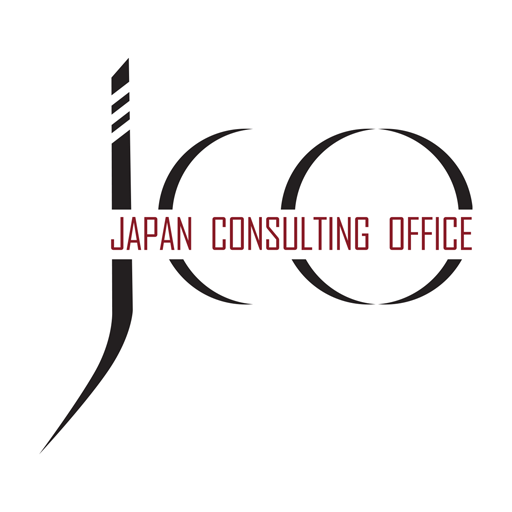
Since 2006, JCO has been very active in improving mutual understanding between local and expatriate staff in Japanese companies.
After having worked with staff from hundreds of Japanese companies from all across Europe, the Americas and Asia, JCO's trainers have identified pain points that local employees struggle with when working across cultural borders. These seem independent of whether a company would be considered traditional or progressive from a Japanese point of view.
Here is one of the keywords that often comes up in our sessions: "hidden agenda".
"Hidden agenda" refers to the fact that there is sometimes a certain lack of transparency regarding the background of a decision or strategy, even if these directly impact work and business on the local market.
Let's listen to what Phillip, a middle manager in a Japanese company, has to say:
"I have been working in this company for 5 years and generally have a good relationship with my Japanese colleagues. I know a lot about the market here and have a clear idea of what the company has to do. I often discuss this with Japanese colleagues and they seem open to what I suggest. But time after time I saw that, after discussing among themselves and with HQ, very few things that I proposed are implemented or even considered.
What makes it so frustrating for me is that I don't get any indication of what the final decision might look like until everything has been decided and it is too late for any change. So, all of my local colleagues and me are actually convinced that our Japanese expatriates have a hidden agenda that they follow without telling us about it."
When JCO talked about this to the Japanese colleagues, however, everyone stressed not having such a "hidden agenda". They rather insisted that the actual reason proposals from local staff were sometimes hard to implement quickly, was dependent on the way the headquarter in Japan operated and planned.
But as in private life, in business feelings also play an important role, even though these feelings may be based on misunderstanding and misconception. If local staff suspect that their ideas and proposals won't impact most decisions in the long run because of a "hidden agenda", it is easy to understand their frustration and the negative impact on the company at large.
Let's look at the root cause of this misconception. As opposed to Western companies, in Japan there is a strong separation between official and non-official information. Things that aren't decided yet or may still change significantly, will usually not be put in writing and shared via email, especially while "the ball is still in the air". The fear is that everything that is written down might be considered official. Things are rather discussed orally, in person or over the phone, until there is a consensus on the best way forward.
But also in subsidiaries outside of Japan, these informal discussions are very often only among Japanese staff. At the office, these talks may regularly occur later in the the work day after 5pm or even take place after working hours over a drink.
For this reason, local staff rarely get to take part at this stage of the decision-making process. Most locals are totally unaware that it happens at all as they wait for an "official" update on what is being discussed. Therefore it's no wonder that they might feel only being involved once everything has been decided already.
And even if important background information is shared in writing/by mail, in many cases these documents still tend to be in Japanese which makes it almost impossible for locals to fully understand the content, notwithstanding a frequent use of Google Translate...
We can see how the idea of a "hidden agenda" is connected to a lack of information sharing, both officially and unofficially.
Advice for both parties:
Japanese employees (managers and non-managers alike) do well to address this issue so that this misconception is corrected. Upon doing so, the impact on the actual business will be immense. It is another step towards becoming truly global!
Local staff are recommended to make a conscious effort to have frequent informal discussions with Japanese colleagues. While doing that It is advisable to convey to the Japanese that the unofficial information that is shared will be kept "off the record" until it is officially announced. This way the trust level among the multi-cultural team will grow considerably.
By the way, JCO offers many types of very interactive mixed sessions for local and expatriate staff to help overcome challenges like this.
Contact us for more information about in-house sessions (both on- and offline).
One more thing, here is a Japanese version of this text to forward to your Japanese colleagues!



